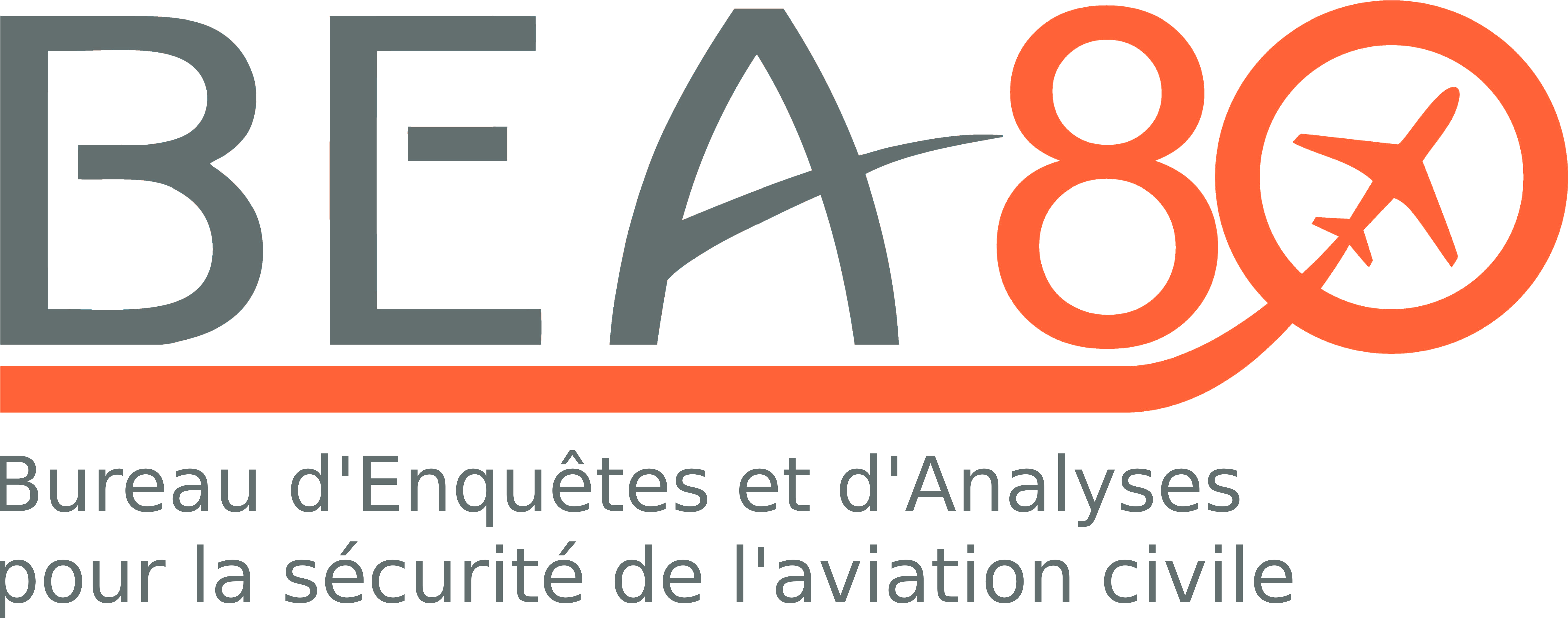Incident to the Airbus A330 registered F-GZCJ operated by Air France on 31/12/2020 en route
Fuite de carburant en croisière, déroutement, maintien en fonctionnement des deux moteurs jusqu’au roulage vers le parking
On 31 December 2020, the Airbus A330 operated by Air France carried out scheduled flight AF735V between Brazzaville (Congo) and Paris-Charles de Gaulle (France). Take-off was at 21:13.
On reaching the en-route level FL 380, the crew detected that they were lacking around 1.4 t of fuel in the fuel tanks. They monitored the evolution in the fuel quantities. Before the captain left the cockpit for his rest period a few minutes later, he asked the co-pilots to monitor the changes in the fuel quantities. Around twenty minutes later, the co-pilots called him back as they were now lacking around 2.1 t of fuel.
The crew started the FUEL LEAK procedure, breaking off at the line which specified shutting down the engine on the side of the suspected leak (in this case, the left side), as they chose to keep the engine operating.
The crew diverted to N’Djamena airport (Chad) where they carried out a RNAV approach on runway 23, landing there 1 h 47 min after identifying the leak. The ROPS warning, indicating the risk of a runway excursion was activated on touchdown. The PF braked hard and the temperature of the bakes increased up to 600°C.
The two engines were kept in operation. The crew turned around in the turnaround bay at the end of the runway and then shut down engine 1 (left engine) while taxiing to the parking area. The crew brought the aeroplane to a halt in the parking area and shut down engine 2 . The fire fighters who had taken up a position close to the aeroplane on it landing intervened after engine 2 had been shut down by spraying water under engine 1. The passengers disembarked without any further incident.
The flight lasted 2 h 21 min; it was estimated that between the take-off and the shutdown of
engine 2 in the parking area, around 5.7 t of fuel, including 5.3 t in flight, were lost. An examination of engine 1 found that the fuel leak was situated in line with the mounting flange of the Primary Fuel Hose (PFH), ensuring the interface between the pylon and the engine.
The BEA has issued a safety recommendation concerning the operator’s compliance with procedures.
The BEA issues 1 safety recommendation:
- Recommandation FRAN-2022-011 / Operator’s compliance with procedures :
The BEA recommends that:
• Whereas the recurrence of investigations concerning Air France occurrences, recently carried out by the BEA, which show an adaptation of procedures or even a deliberate violation of these leading to a reduction of safety margins;
• Whereas the just culture does not accept repeated intentional deviations, serious negligence and deliberate breaches;
• Whereas deviations from procedures detected in flight or by means of Flight Data Monitoring (FDM) may require strong global and individual actions;
• Whereas the oversight authority told the BEA that its flight checks had given rise to comparable findings;
• Whereas the operator told the BEA that its flight analysis protocol was being revised with the aim of reinforcing the individualized monitoring of crews;
• Whereas the operator decided to carry out a transversal LOSA audit from the autumn of 2022;
Air France continue and extend, if necessary, the internal actions undertaken in order to make the safety culture evolve towards a stricter application of in-flight procedures. This could be based on a global action plan which could include the following topics:
o The individual identification and management of deviations from in-flight procedures, in the scope of FDM and within a just culture framework;
o Providing pilots with tools to replay and analyse their flights and promoting the use of these tools;
o An evolution of the Operations Manual to limit the cases of deviations from procedures to exceptional circumstances in which the procedures cannot be applied or are clearly not appropriate;
o The involvement of management, instructors and flight crews in the construction of these cultural changes.
The recommendations is being processed
The status of the recommendations is available at SRIS2: click here
___________________________________________________________________
Note: in accordance with the provisions of Article 17.3 of Regulation No 996/2010 of the European Parliament and of the Council of 20 October 2010 on the investigation and prevention of accidents and incidents in civil aviation, a safety recommendation in no case creates a presumption of fault or liability in an accident, serious incident or incident. The recipients of safety recommendations report to the issuing authority in charge of safety investigations, on the measures taken or being studied for their implementation, as provided for in Article 18 of the aforementioned regulation.
